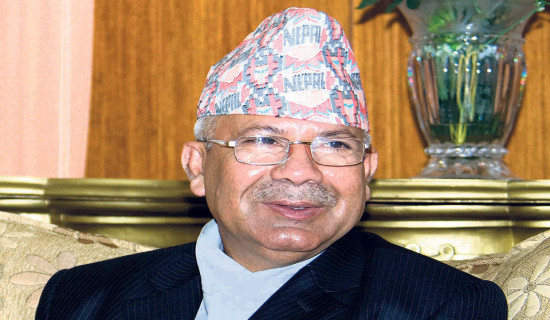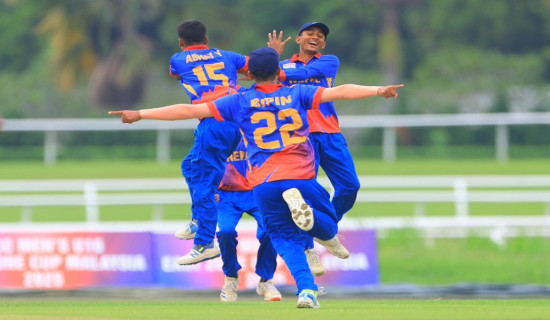- Saturday, 5 July 2025
Thailand confirms Asia’s first known case of more contagious and deadlier version of mpox
By Du Qiongfang, Aug 27: Thailand has confirmed Asia's first known case of a more contagious and potentially deadlier version of the mpox virus with its transmission modes changed.
Experts noted that children are more likely to be infected in this outbreak due to their relatively weaker immune systems.
Thailand's Department of Disease Control confirmed on Thursday that a 66-year-old European patient who had travelled to Thailand from Africa was infected with the Clade Ib, a new, potentially deadlier strain of mpox, the first in Asia, and the second outside of Africa, according to the BBC News.
Sweden was the first place outside of the African continent to confirm a case of Clade Ib a week ago.
The infected man had also recently travelled to an unnamed African country, according to Sweden's public health ministry, as reported by BBC.
According to a doctor named Zhao Lei from Wuhan Union Hospital of China, the transmission of the mpox virus in the past was primarily through direct contact or sexual contact.
However, the variant of the Clade Ib that has been identified in Thailand is more contagious and threatening and can be transmitted by infected animals and passed from human to human through close physical contact, human secretions (such as respiratory droplets), rash or contaminated items.
The groups most affected by this mpox outbreak are women and children under 15 years old, as reported by People's Daily, quoting WHO figures.
According to Lu Hongzhou, head of the Third People's Hospital of Shenzhen, many children in Africa were not vaccinated with smallpox vaccine, and the administration of the vaccine is effective.
Besides, children, especially those in Africa, tend to have relatively weaker immune systems, and their nutrition is often poor, Lu told the Global Times on Monday.
Given the crowded living conditions of many African children, if a family member is infected, the risk of spreading the virus through close family contacts is high since they are highly likely to share the same room, Lu said.
Tedros Adhanom Ghebreyesus, director-general of the WHO, declared the surge of mpox a public health emergency of international concern (PHEIC), the second time for WHO to declare the mpox virus outbreak a PHEIC since 2022.
WHO launched the Global Mpox Strategic Preparedness and Response Plan (SRSP) that requires approximately $135 million to control the new mpox outbreak by implementing comprehensive surveillance and response strategies, as well as advancing research and equitable access to medical countermeasures against mpox, according to China Central Television.
As of July, a total of 99,176 laboratory-confirmed cases of monkeypox, including 208 deaths, have been reported to the United Nations health agency from 116 countries in all WHO regions.
WHO spokeswoman Margaret Harris urged manufacturers to scale up mpox vaccine production, according to a report from AFP on August 17.
The WHO also called for countries with monkeypox vaccine stockpiles to donate them to countries with ongoing outbreaks, saccording to the AFP.(RSS)
















